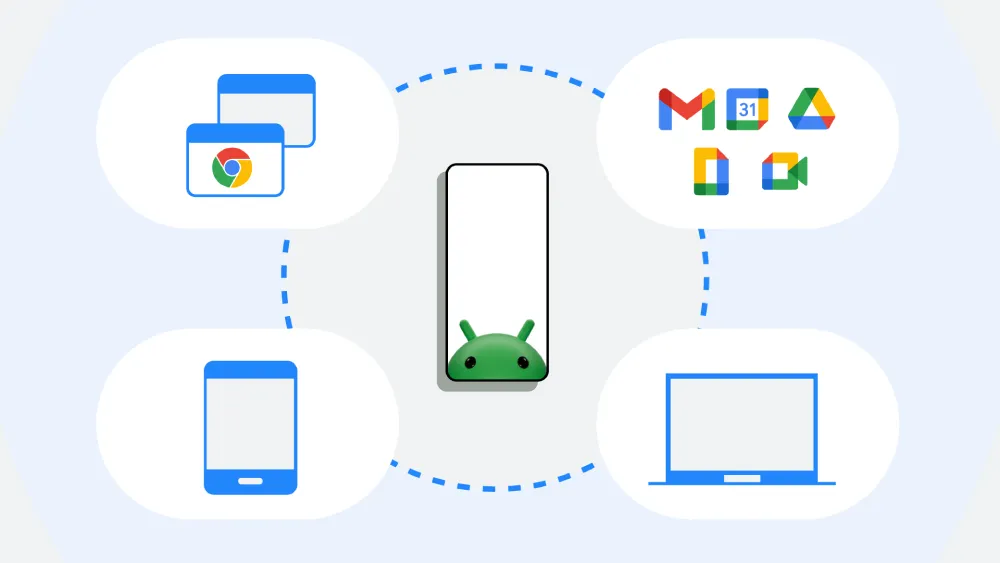Google Fortifies Android Enterprise with Managed Domain Integration
In its announcement made on July 29, 2025, Google released an actionable overhaul to Android Enterprise that would help organizations incorporate their environments into controlled Google domains. This transition of personal Gmail accounts to enterprise-owned credentials makes it more secure and easier to manage IT. With the help of enterprise-class functionality such as multi-factor authentication (MFA), security keys, single sign-in (SSO), and role-based administration, IT admins also have the ability to not only implement effective security policies but also to make the account recovery process a breeze. It is especially important to businesses in technological hubs such as Silicon Valley, where IBM estimates that companies spent an average of 4.45 million dollars around the world in the year 2023 to breach the data privacy of their users.
The update enables companies to have multiple Enterprise Mobility Management (EMM) providers connected to one managed Google domain, and it is a game-changer in terms of the global firm since it has variable needs across different regions. As an example, an organization with multinational employees in New York and managing its teams in Asia and Europe is now able to customize EMM solutions on a region-by-region basis using the Google Admin console, making compliance easy without the loss of flexibility. It is also a single screen connecting Google Workspace, Chrome, and AI-enhanced tools such as Gemini, which promotes productivity. According to Google, 80 percent of the Fortune 500 have already used Android Enterprise, and therefore, it is highly scalable.

The one-of-a-kind insight is the influence of the update on hybrid workforces. Pew Research also found that 60 percent of U.S. employees do work remotely at least part-time, which makes the capacity to interact securely with devices and applications across platforms essential. Google economies of domains and provisioning through device controls via Android Device Policy and managed Google Play can provision and distribute apps, and even when using BYOD devices, work prostitutes do not intermingle with personal data. This supports privacy needs and corporate control, which is essential in countries that have very large data regulations like the EU.
This rollout, which is explained on the Google blog and developer documentation, also facilitates cross-device experiences, including syncing Chrome or transferring meetings, which increases the user efficiency. To IT teams, the phasing out of insecure personal Gmail accounts limits the risks of credential mismanagement, which is a typical inducement of 30 percent of security instances that occur at enterprises, as per the recent Verizon 2024 Data Breach Report. With Google still adding AI solutions-based products, such as Gemini, this update will take Android Enterprise to the center of secure, scalable, and modern workspace solutions to establish a new benchmark in enterprise mobility.
Disclaimer
The information presented in this blog is derived from publicly available sources for general use, including any cited references. While we strive to mention credible sources whenever possible,Web Techneeq – Web Design Company in Mumbai does not guarantee the accuracy of the information provided in any way. This article is intended solely for general informational purposes. It should be understood that it does not constitute legal advice and does not aim to serve as such. If any individual(s) make decisions based on the information in this article without verifying the facts, we explicitly reject any liability that may arise as a result. We recommend that readers seek separate guidance regarding any specific information provided here.

